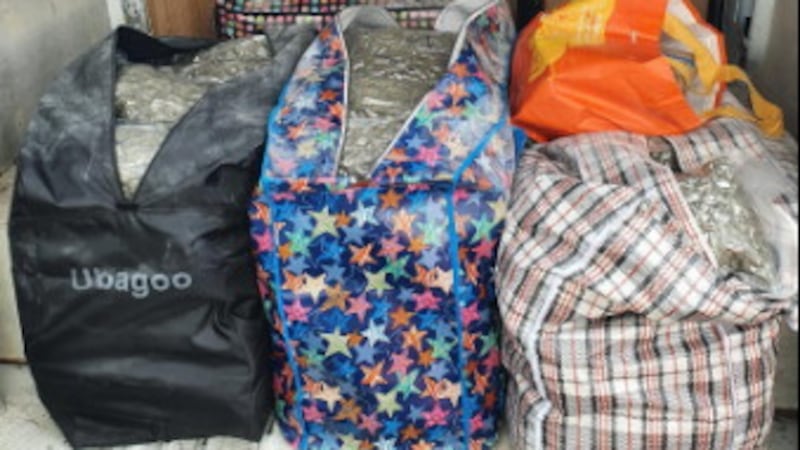GAA president Jarlath Burns has said there is “quite a lot of anger” over the British government’s refusal to hold a public inquiry into the murder of Co Derry official Sean Brown.
The 61-year-old was attacked and beaten by a LVF gang as he locked the gates at Bellaghy Wolfe Tones GAC, Co Derry, in May 1997.
After he was placed in the boot of his own car, he was taken to a country lane outside Randalstown, Co Antrim, where he was shot six times.
It emerged during an inquest hearing into his death earlier this year that more than 25 people had been linked by intelligence to the murder, including several state agents.

It also emerged that a suspect in the murder was believed to be a serving member of the Royal Irish Regiment while another held a personal protection weapon and was regularly visited by a police officer at his home.
Coroner Patrick Kinney, who is also a High Court judge, heard that a surveillance operation which was centred on notorious LVF member Mark ‘Swinger’ Fulton was halted the night before Mr Brown was murdered.
Earlier this year an inquest was abandoned when the coroner confirmed he was unable to complete the legal process due to PSNI and MI5 failures to disclose vital information.
Both made applications for multiple redactions to sensitive documents connected to the murder under Public Interest Immunity (PII).
PII certificates are used by state agencies to withhold information they do not want in the public domain.
Mr Kinney later wrote to then Conservative Secretary of State Chris Heaton-Harris to request a public inquiry.
However, his successor, Labour Secretary of State Hillary Benn, ruled an inquiry out on Friday.
The Brown family said they are “devastated” by the decision.
The blow came just days after Mr Benn announced there will be an inquiry into the 1989 murder of solicitor Pat Finucane by the UDA/UFF.
Mr Burns said questions remain in the Brown case.
“There was quiet a lot of anger about this,” he said.
“In 1997 something we thought was a random sectarian murder, whenever the coroner’s court began investigating they discovered there was 25 people involved, many, many, government agents, one of the agents, the surveillance on him was dropped just the night before the murder happened.
“There are so many unanswered questions and then of course the use of Pubic Interest Immunity certificates and redacted material on something we thought was just a random sectarian murder.”
Mr Burns added that the British government decision was “disappointing”.
“And it was the coroner who said the only way to find out the truth of what happened to a GAA chairman, of Bellaghy GAA, was by a public inquiry,” he said.
“That is extremely disappointing,” he told the BBC.









